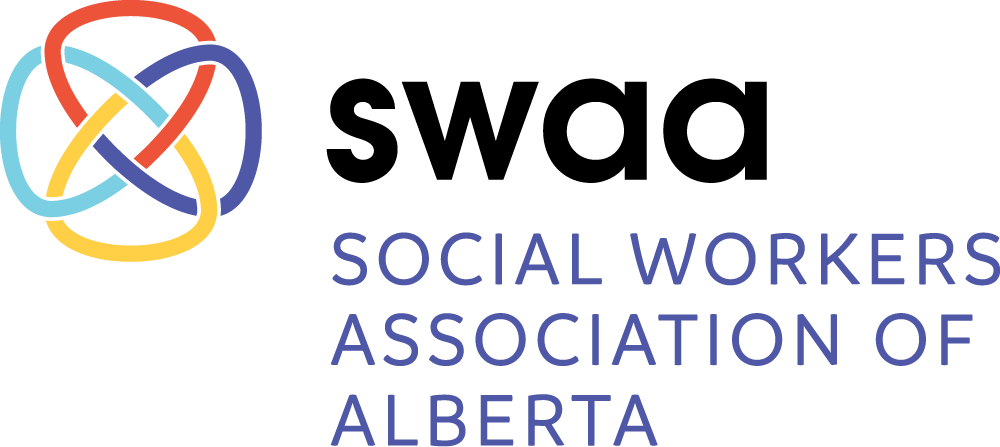National Indigenous History Month – June 2025
Honouring the Past. Celebrating the Present. Committing to the Future.
June is National Indigenous History Month in Canada. It’s a time to honour the deep histories, vibrant cultures, and ongoing contributions of First Nations, Inuit, and Métis peoples across Turtle Island. This month invites all settlers to reflect on the lands they occupy, to learn the truths that have long been silenced, and to take responsibility for building relationships rooted in respect and justice.
Too often, Indigenous stories have been overlooked, erased, or misrepresented… told through colonial frameworks.
“When you don’t know your history, when it’s been taken from you, hidden from you, rewritten - your spirit remembers. But your mind is left searching. That is the trauma.” ~ Elder Mary Deleary, Anishinaabe Knowledge Keeper (quoted in the Final Report of the Truth and Reconciliation Commission of Canada, 2015)
National Indigenous History Month is not only a celebration, it’s a reckoning…It is a call to learn, unlearn, and reflect. It is about understanding the deep legacies of colonialism, acknowledging the truths of residential schools, land dispossession, and cultural suppression, and committing to meaningful reconciliation. It’s about shifting focus from token gestures to meaningful action and ensuring Indigenous voices lead the narrative.
National Indigenous History Month creates space to centre Indigenous voices, truths, and leadership, not just in the past, but in the present and future.
Why This Month Matters
Indigenous peoples have lived on these lands since time immemorial. Their governance systems, languages, and knowledge traditions have shaped this country in countless ways. Yet these contributions are often excluded from mainstream narratives, while the legacies of colonialism, residential schools, forced disconnection from land, and cultural suppression continue to affect communities today (Truth and Reconciliation Commission of Canada [TRC], 2015).
As Senator Murray Sinclair, Chair of the TRC, powerfully stated: “Reconciliation is not an Indigenous problem. It is a Canadian one. It involves all of us.”
In this spirit, our responsibility is clear:
truth-telling, challenging colonial narratives, and walking in solidarity with Indigenous peoples toward systems of care that honour their identities and autonomy.
Learning about the diverse cultures, languages, and histories of Indigenous Nations.
Reflecting on the ongoing impacts of colonialism and systemic injustice.
Supporting Indigenous-led movements for land rights, language revitalization, justice, and sovereignty.
Celebrating Indigenous resilience, art, leadership, and innovation.
Honouring the TRC: Integrating Indigenous History into Education
The Truth and Reconciliation Commission (TRC) issued 94 Calls to Action in 2015, outlining the steps needed to repair relationships and build a more just future. Among these, Calls 62 through 65 focus directly on transforming education systems:
Call 62: Introduce age-appropriate curriculum on residential schools, treaties, and the historical and contemporary contributions of Indigenous peoples in K-12 education.
Call 63: Develop and provide resources to support the teaching of Indigenous history and culture.
Call 64: Create post-secondary education programs in Indigenous languages.
Call 65: Establish a national research program to deepen understanding of reconciliation (Truth and Reconciliation Commission of Canada, 2015).
Nearly a decade later, the reality falls short of these intentions. As of 2024, many of the education-related Calls to Action remain incomplete, reflecting a troubling gap between commitment and implementation (First Nations Child and Family Caring Society, 2024).
Honouring Indigenous history means more than including it in a lesson plan or commemorating it during designated months. It means weaving Indigenous knowledge systems into the fabric of our education, from curriculum design to pedagogy, from school leadership to community engagement. It means acknowledging that Indigenous peoples are not participants in a system, they are knowledge holders, leaders, and educators in their own right.
Indigenous knowledge is not an add-on. It is foundational. And Indigenous peoples must not be consulted as an afterthought. They must be at the centre of the conversation, driving the changes that impact their communities and shaping the education that touches future generations.
“We need to have Indigenous voices, Indigenous authors, Indigenous content, and - most importantly - Indigenous brilliance in all classrooms.” - Carolyn Roberts.
Written by Evetta Solomon
